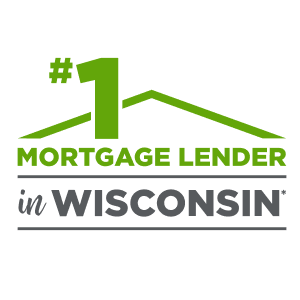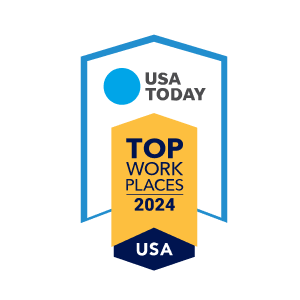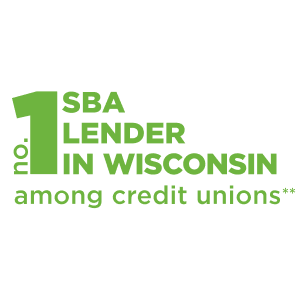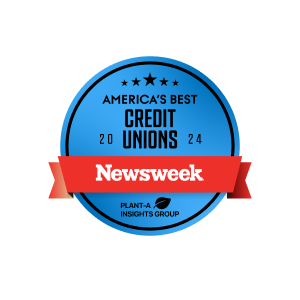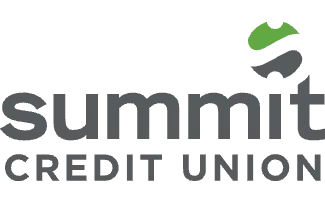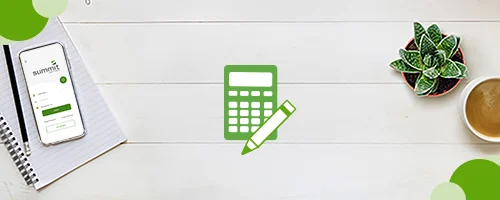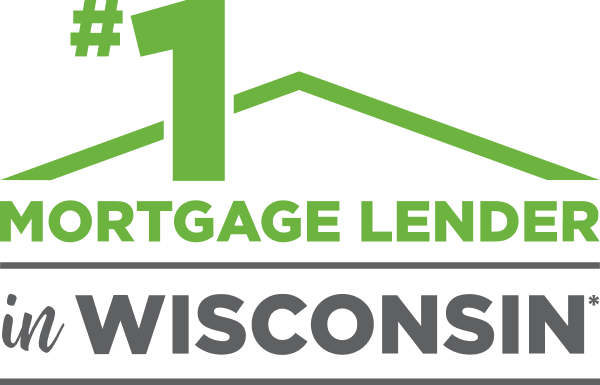Q: What Does It Take to Qualify for a Rural Housing Loan?
A: There are three qualifications: household size, income and the geographic location of the home. Typically, you have to buy a home in an area with a population under 20,000 and have a low- to moderate-income level. Your can provide information specific to your personal situation.
Q: How Does a Construction Loan Work?
A: In a lot of ways, a construction loan is like a credit card. To get started, you qualify for a loan for the amount needed to build the new home – sort of like the credit limit on your credit card.
Whenever your builder completes some agreed-upon part of the work on your home, they ask you for payment. A third party confirms the builder has completed the work they agreed to and Summit pays the builder out of your total loan amount. This partial payment is called a “draw” and most new home or major reconstruction projects have somewhere between three and five draws over the course of construction.
You don’t have to pay interest on the entire amount of your loan – just on the amount that’s been disbursed, just like a credit card. When construction wraps up, you’ll have a final loan amount and your payments will switch over to principal and interest payments – just like a regular mortgage.
Q: I’ve Been Hearing About WHEDA Loans. What Are They? And How Do I Find Out if I Qualify?
A: WHEDA stands for Wisconsin Housing and Economic Development Authority and this program helps make housing affordable for lower income Wisconsin residents. These loans have lower rates and you might not have to make a down payment. Plus, you might get to pay less in private mortgage insurance than you would with a conventional loan. You’ll qualify for WHEDA based on your household size and income and where you live. There aren’t any downsides to the program, but there are maximum income limits. Summit’s Mortgage Loan Officers will be happy to help you learn if this program is a fit for you.
Q: I’ve Been Hearing About WHEDA Loans. What Are They? And How Do I Find Out if I Qualify?
A: WHEDA stands for Wisconsin Housing and Economic Development Authority and this program helps make housing affordable for lower income Wisconsin residents. These loans have lower rates and you might not have to make a down payment. Plus, you might get to pay less in private mortgage insurance than you would with a conventional loan. You’ll qualify for WHEDA based on your household size and income and where you live. There aren’t any downsides to the program, but there are maximum income limits. Summit’s Mortgage Loan Officers will be happy to help you learn if this program is a fit for you.
Q: I’m a Veteran – How Do I Learn More About Loans from Veterans Affairs (the VA)?
A: Thank you for your service! Your Mortgage Loan Officer will be happy to help you find out if you qualify for a VA loan. The program offers financing to eligible veterans for up to 100% of the value of the home. And while you won’t have to pay any private mortgage insurance costs, it’s possible you’ll be assessed a funding fee. The VA loan program waives the funding fee if you have a 10% (or more) disability. And, if VA does assess the fee, it can typically roll into the loan amount so you don’t have to come up with that money at closing.
Q: Do You Have Any Special Loan Programs at Summit Credit Union That Other Places Might Not Have?
A: We do! One we’re really excited about is our Welcome Home program. This program has two exciting benefits: lower Private Mortgage Insurance costs and the ability to get a loan for up to 100% of the value of the home. You’ll need to meet additional underwriting criteria to qualify for the program, and your Mortgage Loan Officer will be happy to discuss this program with you and figure out if it’s a match.
